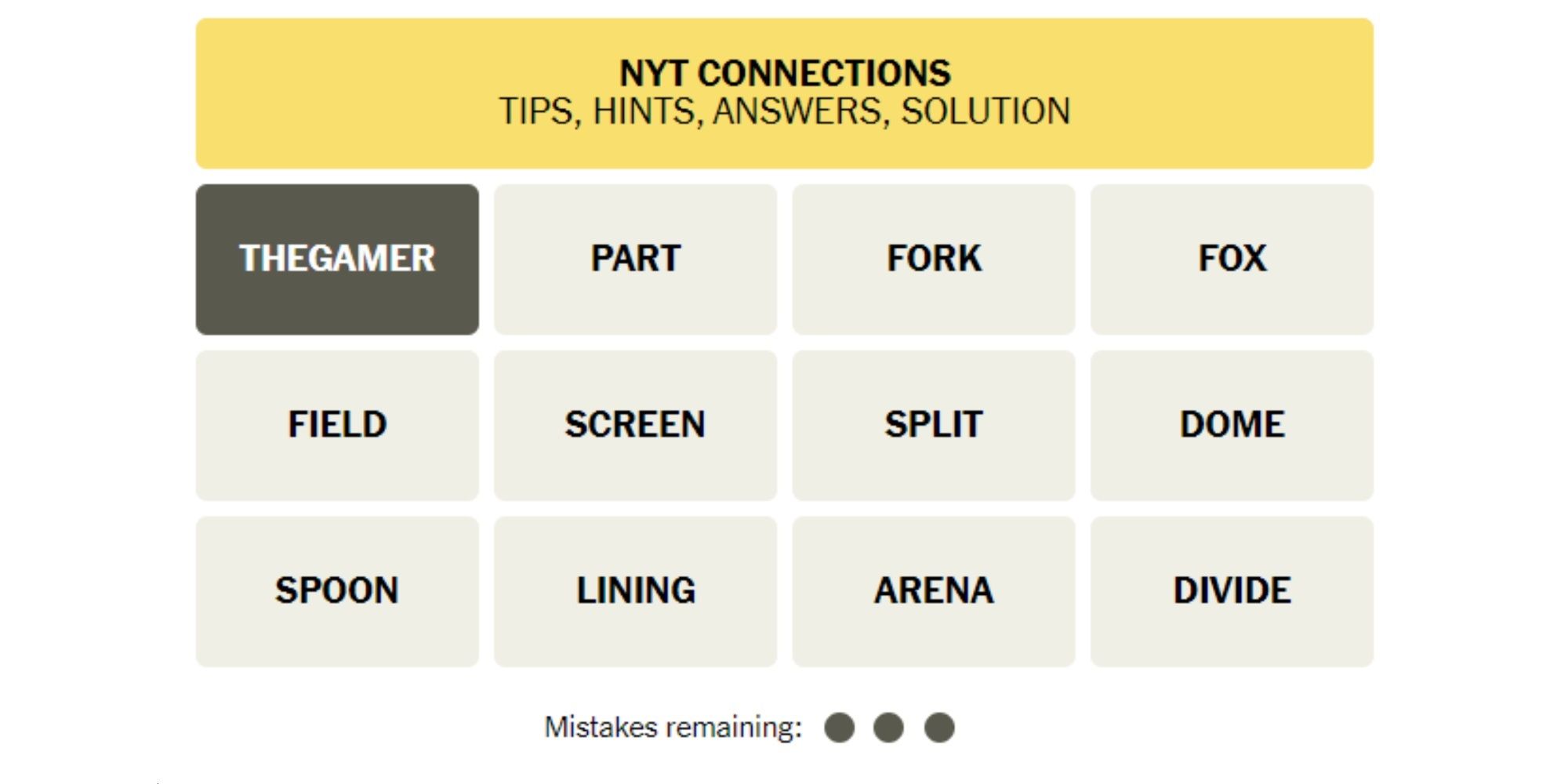Uber's Foodpanda Taiwan Acquisition: Termination Announced Amid Regulatory Challenges

Table of Contents
The highly anticipated acquisition of Foodpanda Taiwan by Uber has officially been terminated. This decision, announced on [Insert Date of Announcement], follows significant regulatory challenges and hurdles that ultimately proved insurmountable. This article delves into the key reasons behind the termination, exploring the complexities of the Taiwanese food delivery market and the implications for both Uber and Foodpanda, analyzing the impact of the failed Uber's Foodpanda Taiwan acquisition.
Regulatory Scrutiny and Antitrust Concerns
The primary reason for the acquisition's failure lies in the intense regulatory scrutiny and antitrust concerns raised by Taiwanese authorities.
Taiwanese Fair Trade Commission Investigation
The Fair Trade Commission (FTC) of Taiwan launched a comprehensive investigation into the potential monopolistic effects of the merger. The FTC's primary concern centered on the combined market share of Uber Eats and Foodpanda, raising serious questions about reduced competition and the potential for price increases for consumers.
- FTC investigation focused on market dominance: The FTC's investigation meticulously examined the combined market share of Uber Eats and Foodpanda in the Taiwanese food delivery sector. This deep dive aimed to assess whether the merger would create an unfair dominance, stifling competition and harming consumers.
- Concerns about Uber Eats and Foodpanda's combined market share: The combined market power of these two giants presented a significant concern. The FTC feared that a merged entity would have the ability to dictate prices, limit choices for consumers, and potentially push smaller competitors out of the market.
- Potential negative impact on smaller competitors and consumers: The FTC's investigation highlighted the potential for negative consequences for both smaller food delivery services and consumers. A monopoly could lead to reduced innovation, limited service choices, and ultimately higher prices for consumers.
Antitrust Laws and Compliance
The acquisition faced significant obstacles in complying with Taiwanese antitrust laws, which prioritize maintaining fair competition and actively prevent the formation of monopolies. These laws are designed to protect both businesses and consumers from the potentially harmful effects of market concentration.
- Failure to meet conditions imposed by the FTC: Uber and Foodpanda were likely unable to satisfy the conditions imposed by the FTC to alleviate antitrust concerns. These conditions might have included divestitures, behavioral remedies, or other structural changes.
- Difficulties in addressing the FTC’s concerns regarding market concentration: The FTC's concerns about market concentration proved difficult to address. The sheer size and market share of both Uber Eats and Foodpanda made it challenging to find solutions that would satisfy the regulatory body while allowing the acquisition to proceed.
- Extensive legal consultations and negotiations that ultimately failed: Despite extensive legal consultations and negotiations, Uber and Foodpanda were unable to overcome the regulatory hurdles and secure approval for the acquisition. This highlights the complexity of navigating Taiwanese antitrust regulations.
Financial Implications and Business Strategies
The termination of the acquisition carries significant financial implications for both Uber and Foodpanda, forcing them to reassess their business strategies in the Taiwanese market.
Cost of Compliance and Delays
The protracted investigation and the extensive efforts to meet regulatory demands incurred substantial costs. These costs, coupled with the delays caused by the regulatory process, potentially impacted the overall profitability and strategic plans of both companies.
- Legal fees and expert consultation costs: The prolonged investigation led to significant legal fees and expenses related to expert consultations. These costs represent a significant financial burden for both companies.
- Delayed market entry and missed opportunities for expansion: The delay caused by the regulatory process resulted in missed opportunities for market expansion and the potential loss of revenue.
- Potential strain on resources allocated to other projects: The time and resources dedicated to addressing regulatory concerns may have strained resources that could have been allocated to other projects and initiatives.
Shifting Market Dynamics
The Taiwanese food delivery market is incredibly competitive and dynamic, characterized by numerous players constantly vying for market share. The failed acquisition necessitates a revised approach for both Uber and Foodpanda.
- Need for alternative growth strategies for Uber and Foodpanda: Both companies must now develop and implement alternative growth strategies for the Taiwanese market, independent of the merger.
- Increased competition among existing players in the Taiwanese market: The absence of the merger intensifies competition among existing players. Each company must now find unique ways to differentiate themselves and attract customers.
- Potential for new entrants and increased innovation: The termination of the acquisition may also create opportunities for new market entrants and increased innovation within the food delivery sector.
Impact on Consumers and the Food Delivery Industry in Taiwan
The failure of the Uber-Foodpanda merger will have repercussions for both consumers and the wider food delivery landscape in Taiwan.
Consumer Choice and Prices
In the short term, the lack of the merger could lead to both positive and negative outcomes for consumers.
- Potential for higher prices in the absence of increased competition: The absence of the merger could result in less competition, potentially leading to higher prices for consumers.
- Reduced innovation or service options due to fewer dominant players: The lack of a merged entity might lead to reduced innovation and a decrease in service options, potentially making the market less dynamic.
- Need for increased consumer awareness regarding market dynamics: Consumers need to stay informed about the dynamics of the Taiwanese food delivery market to make informed choices.
Future of the Taiwanese Food Delivery Sector
This failed acquisition underlines the importance of regulatory compliance and oversight within the rapidly evolving food delivery industry.
- Increased scrutiny of future mergers and acquisitions in the industry: Expect more rigorous scrutiny of future mergers and acquisitions within the sector.
- Potential for stricter regulations to maintain fair competition: The FTC’s actions suggest a willingness to implement stricter regulations to promote fair competition.
- Re-evaluation of business strategies for existing and potential food delivery companies in Taiwan: Other players in the market will likely re-evaluate their strategies given the outcome of this acquisition.
Conclusion
The termination of Uber's Foodpanda Taiwan acquisition represents a significant setback for both companies, highlighting the critical importance of regulatory compliance in the dynamic Taiwanese food delivery market. The regulatory hurdles and antitrust concerns emphasize the necessity of a thorough market analysis before initiating large-scale mergers and acquisitions. Understanding the implications of the failed Uber's Foodpanda Taiwan acquisition is crucial for all stakeholders. The future will show how both companies adapt, and further analysis of this failed acquisition will shape future market decisions. Staying informed about developments regarding Uber's Foodpanda Taiwan acquisition and its aftermath is essential for all involved.

Featured Posts
-
 2025 The Year Of Pedro Pascal Begins Next Week
May 18, 2025
2025 The Year Of Pedro Pascal Begins Next Week
May 18, 2025 -
 Best Online Casinos In New Zealand 7 Bit Casino Review And Top Picks
May 18, 2025
Best Online Casinos In New Zealand 7 Bit Casino Review And Top Picks
May 18, 2025 -
 Top Real Money Online Casinos 2024 7 Bit Casinos Leading Features
May 18, 2025
Top Real Money Online Casinos 2024 7 Bit Casinos Leading Features
May 18, 2025 -
 Nyc Half Brooklyn Bridge Run To Draw Huge Crowd
May 18, 2025
Nyc Half Brooklyn Bridge Run To Draw Huge Crowd
May 18, 2025 -
 5 Kluczowych Publikacji Jacka Harlukowicza Z Onetu W 2024 Analiza Zasiegu
May 18, 2025
5 Kluczowych Publikacji Jacka Harlukowicza Z Onetu W 2024 Analiza Zasiegu
May 18, 2025
Latest Posts
-
 Nyt Mini Crossword March 13 2025 Solutions And Clues
May 18, 2025
Nyt Mini Crossword March 13 2025 Solutions And Clues
May 18, 2025 -
 Solving Todays Nyt Mini Crossword The Marvel Avengers Clue
May 18, 2025
Solving Todays Nyt Mini Crossword The Marvel Avengers Clue
May 18, 2025 -
 Nyt Mini Crossword Solution March 6 2025
May 18, 2025
Nyt Mini Crossword Solution March 6 2025
May 18, 2025 -
 Todays Nyt Mini Crossword March 5 2025 Clues And Answers
May 18, 2025
Todays Nyt Mini Crossword March 5 2025 Clues And Answers
May 18, 2025 -
 Nyt Mini Crossword Today Hints And Answer For March 6 2025
May 18, 2025
Nyt Mini Crossword Today Hints And Answer For March 6 2025
May 18, 2025
